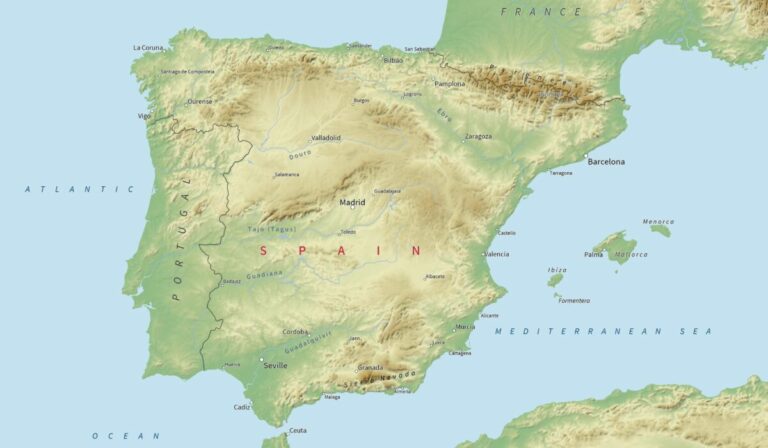Climate-sensitive hydrological drought insurance for irrigated agriculture under deep uncertainty. Insightful results from the Cega River Basin in Spain

This paper assesses the feasibility and robustness of an index-based insurance scheme against hydrological droughts under climate change. To this end, we develop a grand ensemble that samples both modeling and scenario uncertainty in the estimation of the insurance risk premium, so to reveal potential unfavorable surprises and minimize regret in the design of the proposed insurance scheme. The grand ensemble combines four microeconomic models and seven GAMLSS models, which are run for three alternative climate change scenarios: stationary climate/no climate change, RCP 2.6, and RCP 8.5. Methods are illustrated with an application to the Cega River Sub-basin (CRS) in central Spain. Results indicate that for a conventional deductible of 30%, the proposed index-based insurance scheme would be actuarially feasible and affordable under all models for the stationary climate scenario (i.e., robust). For climate change scenarios RCP 2.6 and 8.5 and a 30% deductible, the suggested index-based insurance would be actuarially feasible under most models, albeit some outliers point towards potential unfavorable surprises. Lower deductibles decrease feasibility, particularly for deductibles <10%.
Alberto Agudo-Domínguez, C. Dionisio Pérez-Blanco, Laura Gil-García, José Antonio Ortega, Shouro Dasgupta, Climate-sensitive hydrological drought insurance for irrigated agriculture under deep uncertainty. Insightful results from the Cega River Basin in Spain, Agricultural Water Management, Volume 274, 2022, 107938, ISSN 0378-3774, https://doi.org/10.1016/j.agwat.2022.107938.

